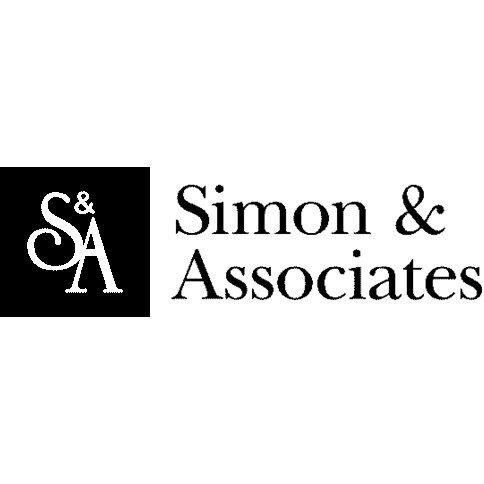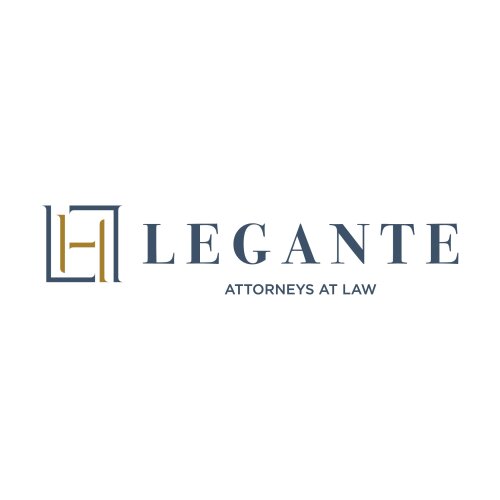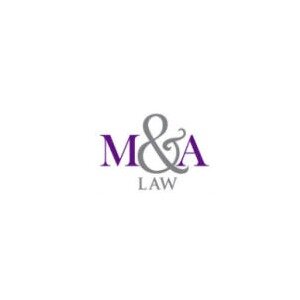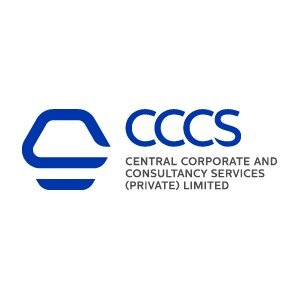Best Employer Lawyers in Sri Lanka
Share your needs with us, get contacted by law firms.
Free. Takes 2 min.
Or refine your search by selecting a city:
List of the best lawyers in Sri Lanka
About Employer Law in Sri Lanka
Employer law in Sri Lanka is governed by a combination of statutes, case law, and common law principles. It primarily involves regulations pertaining to the employment relationship, covering aspects such as wages, working conditions, employee rights, and employer responsibilities. Key legislative frameworks include the Employment of Women, Young Persons, and Children Act, the Shop and Office Employees Act, and the Termination of Employment of Workmen Act. These laws aim to balance the interests of both employers and employees, providing a structured environment for industrial relations.
Why You May Need a Lawyer
There are several scenarios where you might require legal assistance in employer-related matters in Sri Lanka:
- Drafting and reviewing employment contracts to ensure compliance with local laws.
- Handling wrongful termination cases or disputes over severance pay.
- Navigating through issues related to workplace discrimination or harassment.
- Dealing with labor disputes, including strikes and lockouts.
- Understanding and implementing occupational health and safety standards.
- Ensuring adherence to minimum wage and overtime regulations.
- Aiding in the setup and management of human resources policies.
- Addressing grievances brought by employees or regulatory bodies.
- Representing employers in legal proceedings concerning employment-related issues.
- Ensuring compliance with industrial relations and trade union laws.
Local Laws Overview
Several key elements of local laws pertain to employer matters in Sri Lanka:
- Employment Contracts: Must comply with statutory norms and protect employee rights.
- Wages and Benefits: Adherence to minimum wage laws and provision of statutory benefits like EPF and ETF.
- Working Hours: Limits on working hours, provisions for breaks, holidays, and overtime are stipulated.
- Termination of Employment: Legal procedures and justifications are required to lawfully terminate an employee.
- Dispute Resolution: Methods for addressing industrial disputes include arbitration and intervention by the Labor Tribunal.
- Health and Safety: Employers must provide a safe working environment and adhere to health regulations.
- Equality and Non-Discrimination: Laws prohibit employment discrimination based on race, gender, religion, etc.
Frequently Asked Questions
1. What constitutes wrongful termination in Sri Lanka?
Wrongful termination occurs when an employer dismisses an employee in violation of statutory requirements or their employment contract, without just cause.
2. Are employees entitled to severance pay on termination?
Yes, under the Termination of Employment of Workmen Act, employees may be entitled to severance pay, dependent on the terms of their employment and the nature of their dismissal.
3. How is minimum wage regulated?
The minimum wage is set by the government and varies by sector and role. Employers must pay at least the stipulated minimum wage to their employees.
4. What are the requirements for drafting an employment contract?
Employment contracts must reflect the provisions of relevant labor laws, including terms of employment, salary, responsibilities, and termination conditions.
5. How are workplace disputes resolved?
Workplace disputes can be resolved through internal grievance procedures, mediation, arbitration, or through the Labor Tribunal.
6. What health and safety obligations do employers have?
Employers must provide a safe working environment, comply with safety regulations, and ensure that ethical standards are maintained in the workplace.
7. How can employers handle allegations of workplace discrimination?
Employers should conduct thorough investigations, implement policies against discrimination, and provide training to prevent workplace discrimination.
8. Are there specific provisions for the employment of women and young persons?
Yes, specific acts govern the employment conditions of women and young persons, including working hours and protective measures.
9. What is the process for collective bargaining?
Collective bargaining is governed by law, allowing trade unions and employer representatives to negotiate terms and conditions of employment.
10. Can an employer change the terms of employment unilaterally?
No, significant changes to employment terms generally require the employee's consent, unless specified in the employment contract.
Additional Resources
For further assistance regarding employer law in Sri Lanka, consider reaching out to:
- The Department of Labour, which provides guidance on labor laws and regulations.
- The Employers' Federation of Ceylon, offering support in human resource management and industrial relations.
- The Sri Lanka Law College for referrals to legal professionals specializing in employment law.
- The Ministry of Justice, which offers resources and information related to legal matters in Sri Lanka.
Next Steps
If you need legal assistance with employer-related issues in Sri Lanka, consider the following steps:
- Identify the specific legal issue you are facing and gather all relevant documents and evidence.
- Consult with a lawyer specializing in employment law to understand your options and legal standing.
- Prepare any necessary documentation or evidence required for legal proceedings or negotiations.
- Engage in any required dispute resolution processes, such as mediation or arbitration, as advised by your lawyer.
- Continue to seek advice from your legal counsel to ensure compliance with all local laws and regulations.
Lawzana helps you find the best lawyers and law firms in Sri Lanka through a curated and pre-screened list of qualified legal professionals. Our platform offers rankings and detailed profiles of attorneys and law firms, allowing you to compare based on practice areas, including Employer, experience, and client feedback.
Each profile includes a description of the firm's areas of practice, client reviews, team members and partners, year of establishment, spoken languages, office locations, contact information, social media presence, and any published articles or resources. Most firms on our platform speak English and are experienced in both local and international legal matters.
Get a quote from top-rated law firms in Sri Lanka — quickly, securely, and without unnecessary hassle.
Disclaimer:
The information provided on this page is for general informational purposes only and does not constitute legal advice. While we strive to ensure the accuracy and relevance of the content, legal information may change over time, and interpretations of the law can vary. You should always consult with a qualified legal professional for advice specific to your situation.
We disclaim all liability for actions taken or not taken based on the content of this page. If you believe any information is incorrect or outdated, please contact us, and we will review and update it where appropriate.
Browse employer law firms by city in Sri Lanka
Refine your search by selecting a city.

















